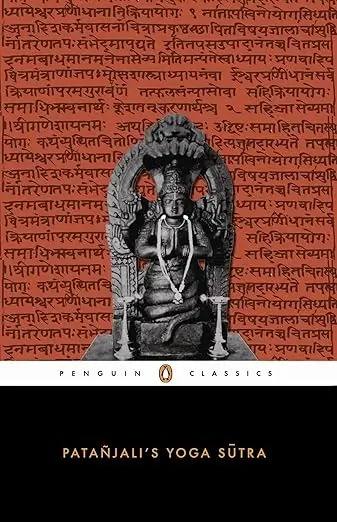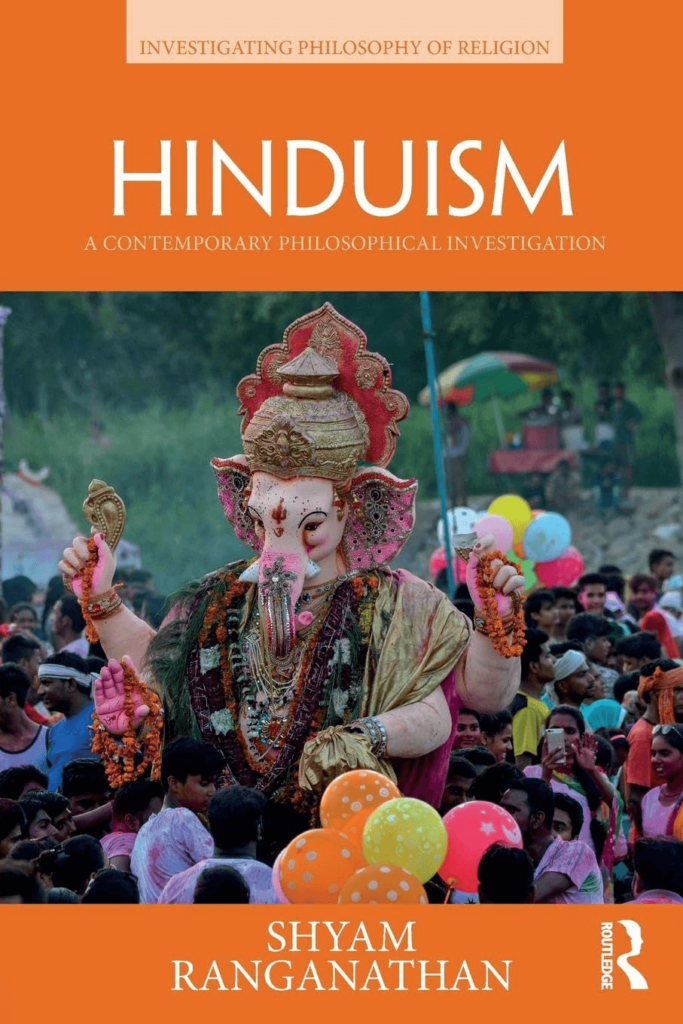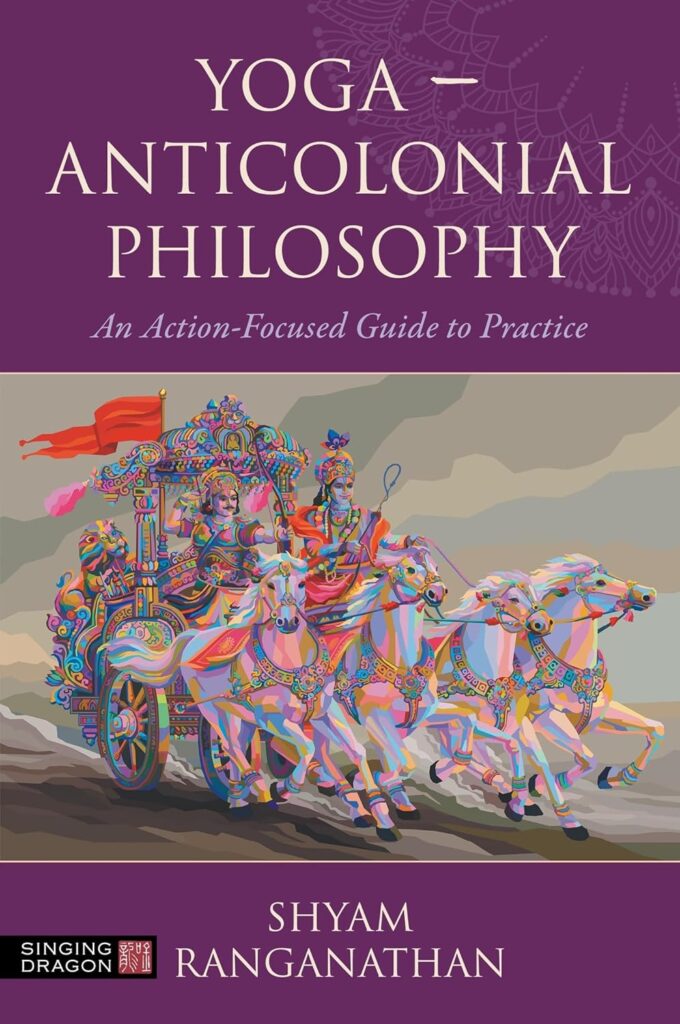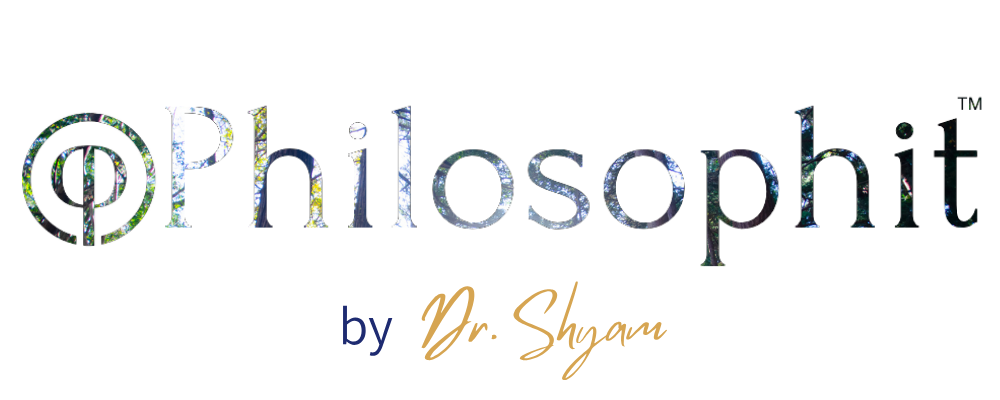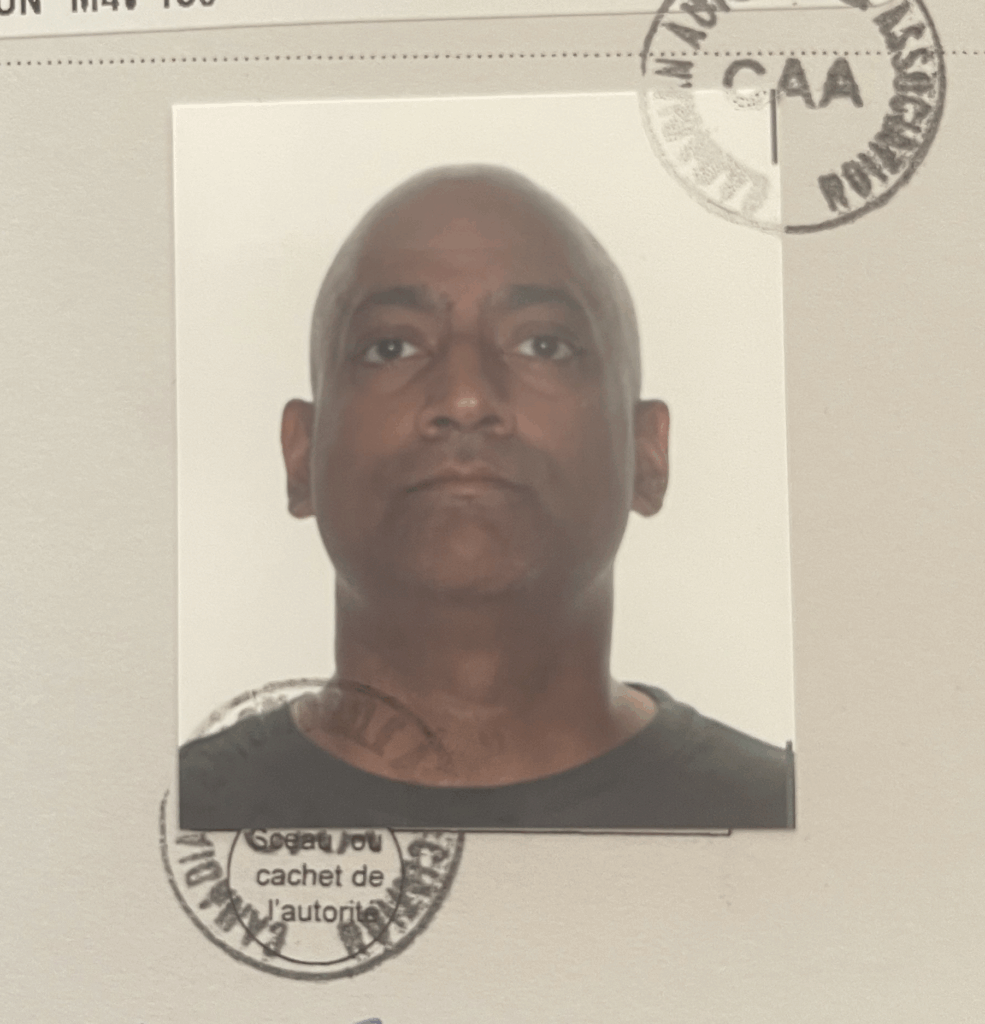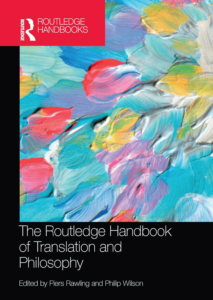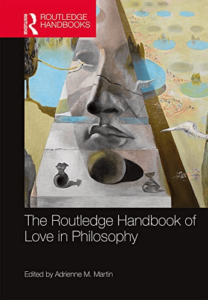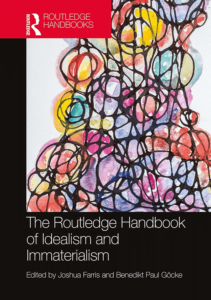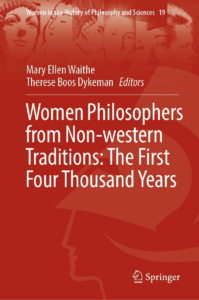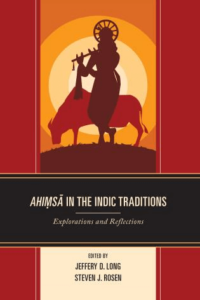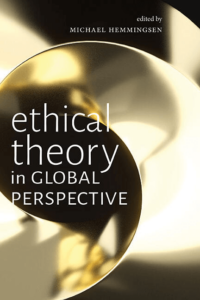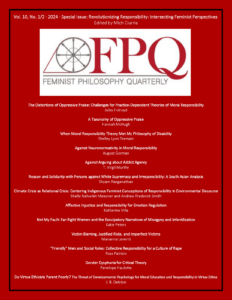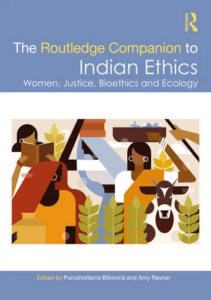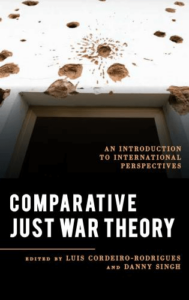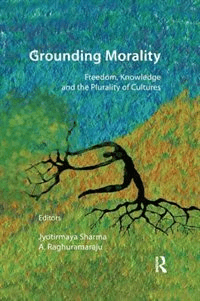Meet Dr. Shyam Ranganathan of the Yoga Philosophy Institute
The Yoga Philosophy Institute, a scholar-practitioner initiative, is founded by Dr. Shyam Ranganathan (shyam.org). Dr. Shyam is a field-changing researcher, scholar, author and teacher of philosophy and an expert in the neglected traditions of Indian moral philosophy, which cover practical questions of how to live, what to aim for, and what we should value—including Yoga. Unlike many gurus of yoga and the Indian tradition, and unlike most Western academics writing on the Indian intellectual tradition, Dr. Ranganathan is a trained scholar and researcher of philosophy and is author, editor, and translator of numerous peer-reviewed scholarly works.
Dr. Shyam is also a lifelong practitioner of Yoga having inherited these practices from his family and ancestors.
Dr. Shyam’s Areas of Expertise
- Ethics/Moral and Political Philosophy
- Philosophy of Language
- Philosophy of Thought
- Philosophy of Religion, and
- Asian Philosophy (including South Asian philosophy)
He has written widely on Indian philosophies of meditation (Yoga, Buddhist and Jain). In his introductions to philosophy and critical thinking, Dr. Ranganathan draws liberally from Indian, Chinese and Western traditions to teach the discipline of philosophy.
Dr. Shyam started Yoga Philosophy Institute in 2019.
Dr. Shyam Ranganathan’s 3 Suggested Starting Points
Dr. Shyam’s Scholarly Journey
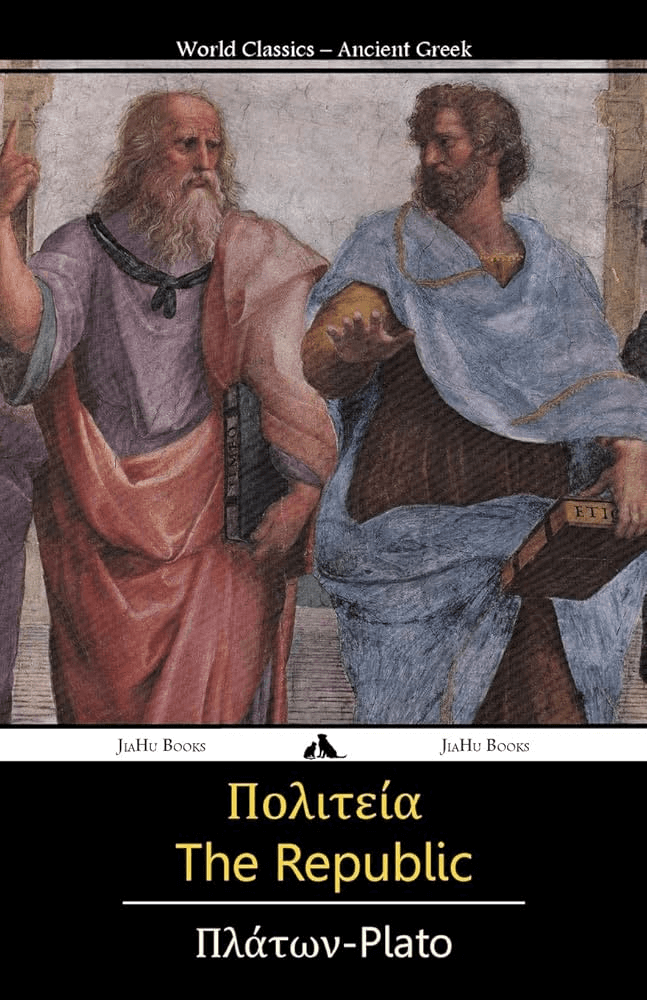
Dr. Shyam began an undergraduate degree in philosophy (in 1992) and was impressed by his professor’s insistence that he and his classmates base their writing on the classics by staying close to the text. But he noticed that all the texts he read were in translation and so when he was studying Plato, for instance, he wasn’t actually staying close to what Plato wrote, for he spoke a different language.
First research question: how does anyone succeed in translation so that when we teach a text in another language, it’s the same thing? He would end up answering this question in his PhD on translation and philosophy. This would distinguish him as one of the global experts on the topic.
After a BA and MA in Philosophy that was primarily on the Western tradition, the future Dr. Shyam went on to do an MA in South Asian Studies at the University of Toronto. There he began his learning on South Asian history, and languages.
He was surprised at the myth that South Asian philosophers didn’t have anything to say about ethics, and they were completely religious: that’s a story one would create about a tradition that one wants to colonize.
With his beginning knowledge of philosophy and his research into primary texts in the original languages, he wrote his MA thesis, which would become his first book: Ethics and the History of Indian Philosophy. It was published by the Indian Indology Press: MLBD.
In this book he argues that South Asian philosophers were obsessed with ethics, and their word for the topic is “dharma.”
It was the first book on Indian Ethics in decades, and no monograph, except for Dr. Shyam’s work, has been written on the whole tradition since. It established the future Dr. Shyam as one of the very few philosophers writing on Indian Ethics altogether, and he is still the only one who specializes on the classical tradition.
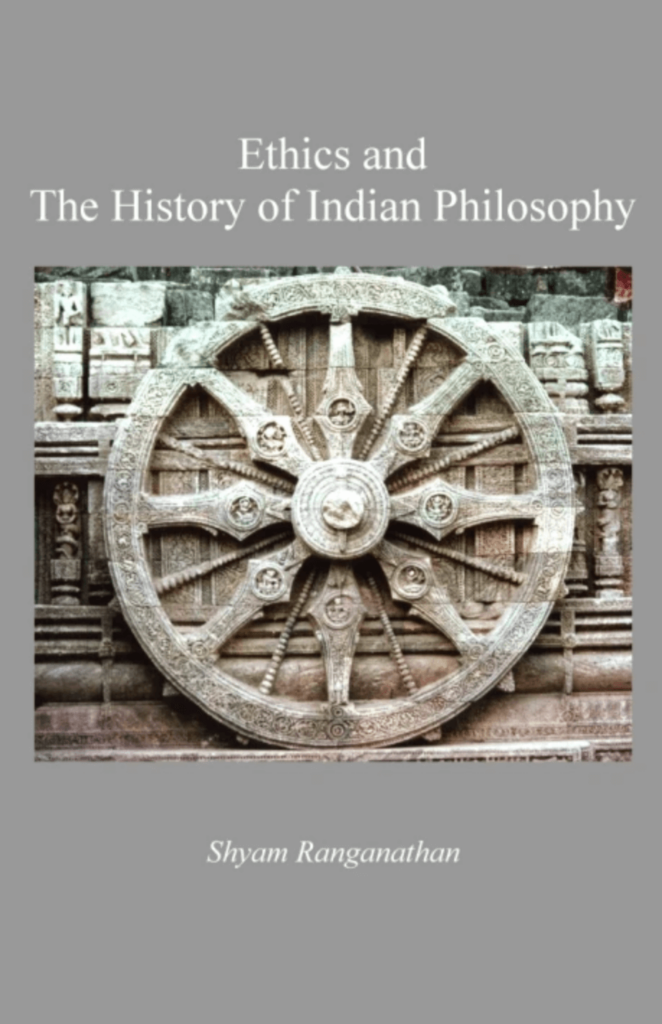
The future Dr. Shyam wasn’t happy with his argument in his first book. It relied upon assumptions about language but also translation that he started to think were untrue. He thus pursued the issue of translating moral discourse, in his PhD dissertation, Translating Evaluative Discourse: The Semantics of Thick and Thin Concepts (2007).
This was a PhD mainly in Analytic (English language) philosophy but also Continental philosophy. It scoped over and made contributions to Translation Studies.
This dissertation showed how translation works in general, and how it works specifically in the case of Philosophy.

By the time Dr. Shyam successfully completed his PhD he had worked on and published a translation of the Yoga Sūtra, from Sanskrit, by using his advanced research on translation that he was working on in his PhD.
The Yoga Sūtra is the ancient, formal account of the Philosophy of Yoga, and is required reading in most accredited Yoga Teacher Training programs.
Most scholars in the Yoga Studies environment confess to not being able to understand the Yoga Sūtra, and so they try to read it by classical commentaries. Over time, Dr. Shyam came to appreciate that his confusion is in part related to a profound ignorance of what Philosophy is.
And this translation, in contrast, is produced by the same principles that can be used to translate any philosophical text.
As Dr. Shyam enters the academic workforce as a scholar and teacher of philosophy and South Asia in (2008), he comes to appreciate that the various forces of oppression that colonized the globe operate to confuse and suppress knowledge of philosophy from colonized traditions.
In this time Dr. Shyam comes to formulate his principled distinction between interpretation (explanation in terms of beliefs) and explication (explanation in terms of logic, reasons and arguments).
Suppression of knowledge and oppression is a result of interpretation. When people interpret, they project their beliefs on to what they are trying to understand. And the result is no understanding but confusion.
Dr. Shyam also came to appreciate that this distinction between interpretation and explication is at the foundation of the Yoga tradition (YS I.2-4).
In 2017, after years of working with scholars, Dr. Shyam publishes his cutting-edge, edited volume, the Bloomsbury Research Handbook of Indian Ethics. It was the first volume that explicated Indian moral philosophy.
At the same time, he edited the first-year MA course in Ethics, for the ground-breaking, Government of India’s effort to make materials for graduate education available online. It is the only source of resources that gives equal attention to Western and South Asian moral philosophy.
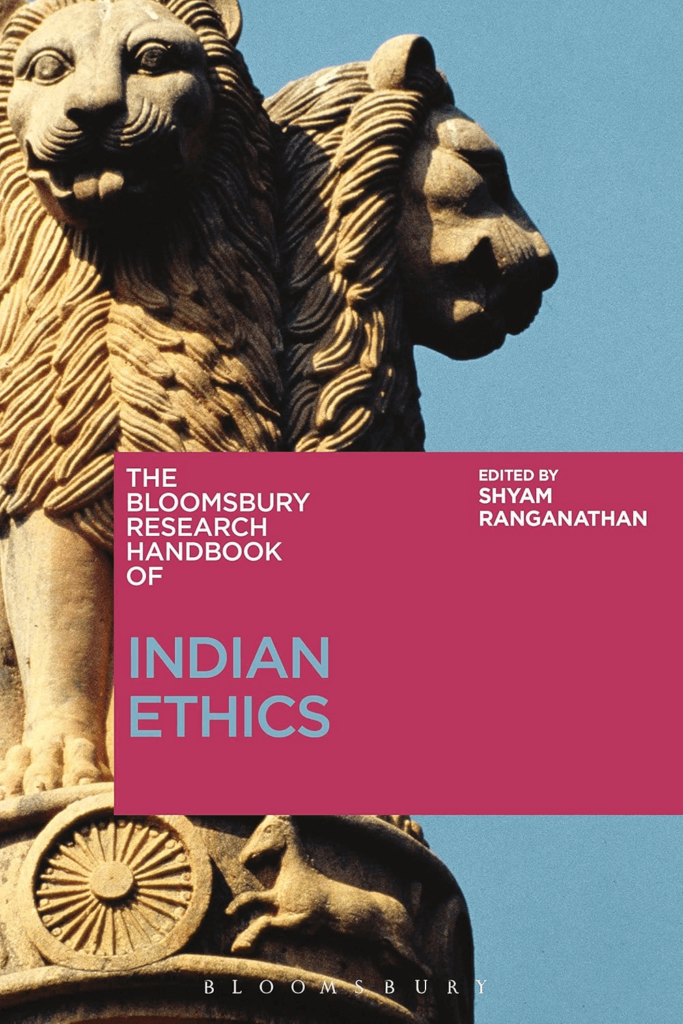
Dr. Shyam was also working on a monograph about Hinduism. Lots of people think that there is such a thing. But research shows that the “Hinduism” isn’t Indian and the idea that there is such a religion was invented by the British as part of their colonial administration.
Dr. Shyam shows that the idea of religion is rather created to hide Non-Western philosophy. And what “Hinduism” does is rename and distort a whole, secular tradition of philosophy as though it is a singular, shared view that is a threat to free thinking.
But what Dr. Shyam shows in his publications is that this creation of the idea of religion is as old as the West—the tradition of philosophical thinking going back to the ancient Greeks. This tradition, invents the idea of “religion” as part of its colonial rollout to prevent people from thinking about philosophy that can criticize oppression.
But then, due to colonization, people start to believe the story of there being such things as religions, and they don’t look to study the ancient philosophy.
In 2024, Dr. Shyam published Yoga Anticolonial Philosophy. It is a book written for practitioners and students of Yoga, and covers all the material that is supposed to be addressed in a Yoga Teacher Training. The book comes with a free course hosted by the Yoga Philosophy Institute.
In this book, Dr. Shyam sets out how Yoga was a fourth basic ethical theory, in addition to the familiar theories of Virtue Ethics, Consequentialism and Deontology. Moreover, it is also anti-oppressive and anti-colonial, focused instead on the freedom of all individuals in a world of free responsible individuals.
The book discusses the evolution of how people talk about “yoga” under increasingly colonized contexts and how returning to the original philosophy can help us all get rid of oppression as part of our practice.
This book helps students also appreciate how modern yoga practice can be a way to practice the ancient anti-oppressive wisdom.
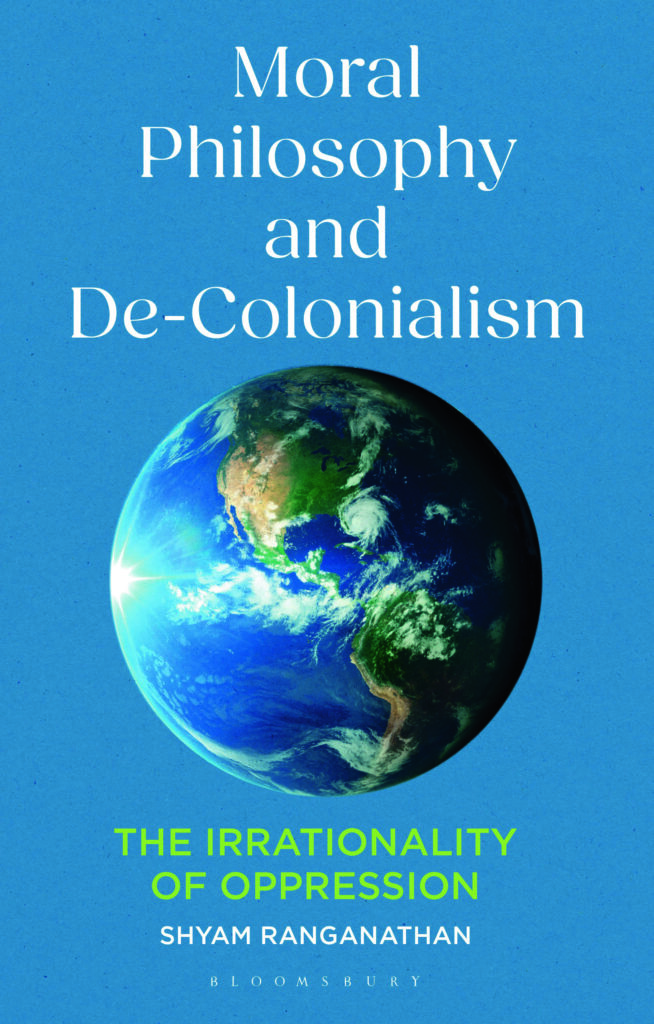
Written in 2023-24, due for publication in 2026, this book represents Dr. Shyam’s research on a range of subjects over 30 years, including the philosophies of:
- AI, science, race, reason, religion, language, thought, and translation
And, of course, it represents his research on moral philosophy.
Moreover, the book covers:
- The Western, Chinese and Indian traditions, over 3000 years.
Whereas Imperialism is the exercise of influence, colonialism consists in imposing a perspective that victims have to either conform to, resist or perish under.
This book argues that colonialism is fundamentally irrational and incompatible with the public practice of moral philosophy: the reason-based exploration of right choices and good outcomes.
The problem with oppression, this book shows, is not simply that it is cruel and mean: it is shown to be literally irrational, violating the basic rules of reasoning that form the basics of introductory logic.
The book shows that oppressive people are literally stupid: what leads them to be cruel also gets in the way of knowledge, learning, and research.
Restoring everyone’s freedom is about creating public space for people to explore big life questions on their own terms via moral philosophy. This involves prioritizing reasoning, which facilitates empathy.
From the publisher: “This volume brings together renowned experts in the philosophy of religion, Graham Oppy, David Apolloni, Shyam Ranganathan, Joshua Farris and Steven B. Cowan, to present four key starting points in the life after death debate.”
The book is a collaboration between five philosophers, and we cover four main options: Christian Resurrection (Cowan and Farris), a related view (Apolloni), the view that there is no life after death (Oppy), and South Asian options—covered by Dr. Shyam. After sharing their views, each responds to each other’s and the criticisms.
The position Dr. Shyam defend—Yoga—is not mysterious, he argues. It’s actually consistent with what we’re already committed to in fields like medicine and moral responsibility.
The basic idea is that each of us is a normative abstraction (an ought) responsible for the descriptive features (the is) of our life. This helps us make sense of the events that constitute our lives and grounds the moral continuity of living responsibly. Our essence, as normative abstractions, remains constant, while our descriptive aspects—mind, body, senses, circumstances—change. There is life after death: the death of past mental and physical states. You’re living it.
One implication of this view is that there is an important sense in which we never die (as normative abstractions), and this explains how we can continue to have meaningful relationships with people after they pass.
To be released in 2026.

Dr. Shyam’s wife and partner, a perennial source of good ideas (who told him to start teaching the Yoga Sūtra back when he was a graduate student) recommended he start sharing his knowledge online.
In 2019, Dr. Shyam started Yoga Philosophy (yogaphilosophy.com), which was later expanded and renamed to the Yoga Philosophy Institute.
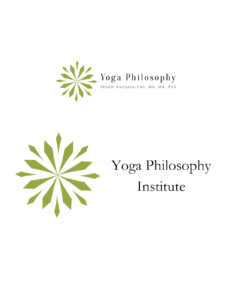
Teaching Yoga Philosophy showed Dr. Shyam something profound: when philosophy is taught as a practice—not as abstract theory—it becomes a catalyst for real transformation. Students weren’t just learning ideas; they were changing how they saw, chose, and lived. This validated a core insight: philosophy, when taught properly, is coaching—a disciplined method for strengthening clarity, freedom, and energetic action.
From this realization, ΦPhilosophit™ (philosophit.com) was born: a way to bring the transformative power of philosophical practice to anyone ready to reshape their reality.
To find out more about Dr. Shyam’s various projects, publications, expertise and story, see his personal site: shyam.org
Over the years, Dr. Shyam contributed to numerous scholarly volumes. Here are some volumes that his writings appear in.



